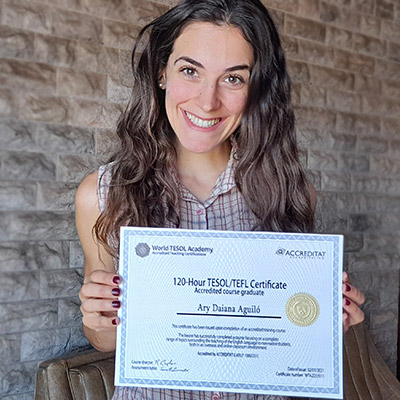
With so many different types of TEFL certifications available, it can be tough to decide which one is right for you. This blog post will explore the different types of Teach English Abroad so that you can make an informed decision about which certification is best for your needs.
First, let’s take a look at the two main types of TEFL certifications: accredited and non-accredited. Accredited certificates are offered by universities and other educational institutions and are recognized internationally. These certifications often provide an in-depth understanding of teaching English as a foreign language, including advanced methods and theories of teaching. However, these certifications can be expensive, requiring you to spend a significant amount of money and time in order to obtain them.
Non-accredited certificates, on the other hand, are usually much cheaper and take less time to complete. These certifications typically provide an overview of teaching English as a foreign language, including basic grammar and terminology. While these certifications are not globally recognized, they can often provide employers with an indication of your knowledge and proficiency in teaching English as a foreign language.
In addition to the two main types of TEFL certificates, there are also specialty certificates available. These include business English certification programs and teaching young learners certification programs, among others. Specialty certificates provide more in-depth knowledge about specific areas of TEFL, such as teaching young learners or teaching business English.
There are four main types of TEFL certifications: in-class, online, combined, and on-site. Each type of certification has its own set of benefits and drawbacks, so it’s important to choose the type of certification that best fits your needs.
In-Class Certification: In-class certification courses are typically 4-6 weeks long and take place at a physical location. These courses offer the benefit of being able to interact face-to-face with other students and instructors, which can be helpful for networking and building relationships. However, in-class courses can be expensive and may not be feasible if you have a full-time job or other commitments.
Online Certification: Online certification courses are a more flexible option since they can be completed at your own pace and do not require you to travel to a physical location. These courses are typically shorter than in-class courses, but they may not provide as much opportunity for networking and building relationships with other students and instructors.
Combined Certification: Combined certification courses combine both online and in-person instruction, giving you the best of both worlds. These courses typically last 4-6 weeks and provide the opportunity to network and build relationships with other students and instructors. However, combined courses can be expensive and may not be feasible if you have a full-time job or other commitments.
On-Site Certification: On-site certification courses are typically offered by universities or language schools and take place at the school’s facilities. These courses offer the benefit of being able to interact face-to-face with other students and instructors, which can be helpful for networking and building relationships. However, on-site courses can be expensive and may not be feasible if you have a full-time job or other commitments.
There are a variety of TEFL certifications available, each with its own set of benefits and drawbacks. It’s important to choose the type of certification that best fits your needs in order to get the most out of your experience.

